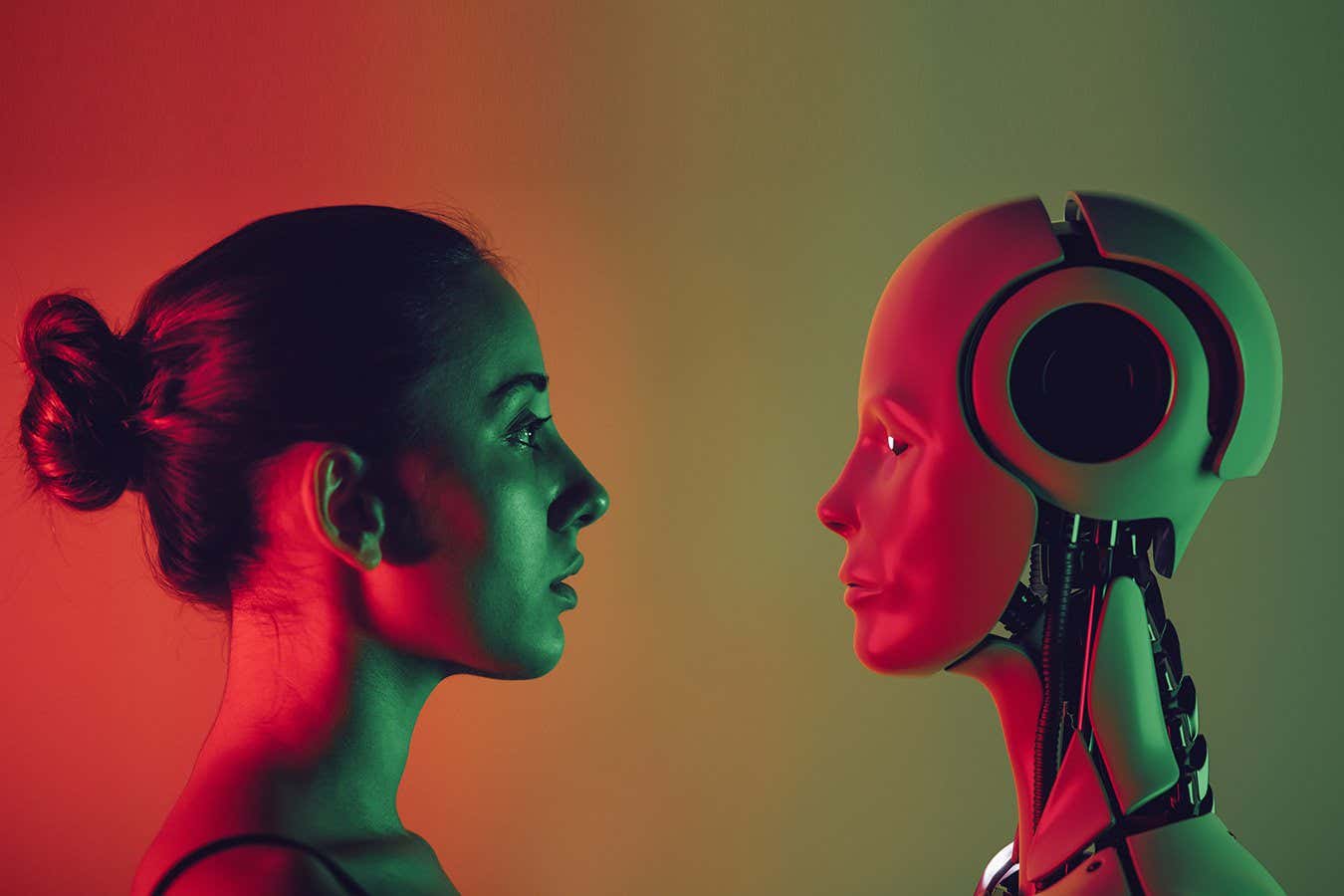
Eureka! The Intriguing world of Scientific discovery Simulators
Have you ever wondered what it would be like to step into the shoes of a real-life scientist? Well, thanks to the wonders of modern technology, we can now get a glimpse into the captivating process of scientific discovery – and the results might just surprise you.
Imagine a world where you could put your own hypotheses to the test, design experiments, and uncover groundbreaking insights, all from the comfort of your own home. That’s precisely what a recent study has explored, using a simulator that mimics the process of scientific inquiry.
The findings are both intriguing and thought-provoking. While artificial intelligence (AI) models have made significant strides in various domains, it seems they still have a long way to go when it comes to matching the ingenuity and creativity of human scientists and engineers.
Let’s dive a little deeper, shall we?
The simulator in question was designed to replicate the key steps involved in scientific discovery: formulating hypotheses, designing experiments, and analyzing the resulting data. Researchers then pitted AI models against human participants, challenging them to tackle a variety of scientific problems across different fields.
And the results? Well, let’s just say the humans had a distinct advantage. Time and time again, the AI models struggled to come up with novel, innovative hypotheses, often falling back on more predictable, conventional approaches. Meanwhile, the human participants displayed a remarkable ability to think outside the box, exploring uncharted territory and stumbling upon unexpected discoveries.
But why is this the case? One potential explanation lies in the inherent differences between human and artificial intelligence. You see, while AI models are incredibly adept at processing and analyzing vast amounts of data, they often lack the intuitive understanding and creative spark that comes so naturally to us humans.
Imagine you’re a scientist trying to unravel the mysteries of the natural world. You don’t just rely on cold, hard facts and figures – you also draw upon your lived experiences, your intuitive hunches, and your ability to make connections that may not be immediately obvious. This is where the human mind truly shines, and it’s a skill that even the most advanced AI systems have yet to fully replicate.
Now, I’m not saying AI has no place in the world of scientific discovery. On the contrary, these powerful tools can be immensely valuable when it comes to crunching numbers, identifying patterns, and validating hypotheses. But when it comes to the spark of creativity, the ability to think outside the box, and the sheer ingenuity required to push the boundaries of human knowledge, the human mind still reigns supreme.
So, what does all this mean for the future of scientific exploration? Well, it suggests that the most fruitful collaborations may come from a synergistic partnership between human scientists and AI assistants. Imagine a world where our brilliant minds work in tandem with the computational power and data-processing capabilities of AI, unlocking new frontiers of discovery and innovation.
And who knows, perhaps one day, AI systems will evolve to the point where they can truly match the creative prowess of human scientists. But until then, it’s clear that the process of scientific discovery remains a distinctly human endeavor – one that is both thrilling and humbling in equal measure.
So, what do you think? Are you ready to don your lab coat and dive into the captivating world of scientific discovery simulators? The future of knowledge is waiting, and it’s up to us to shape it.
Originally published on https://www.newscientist.com/article/2451863-human-scientists-are-still-better-than-ai-ones-for-now/?utm_campaign=RSS%7CNSNS&utm_source=NSNS&utm_medium=RSS&utm_content=technology.

